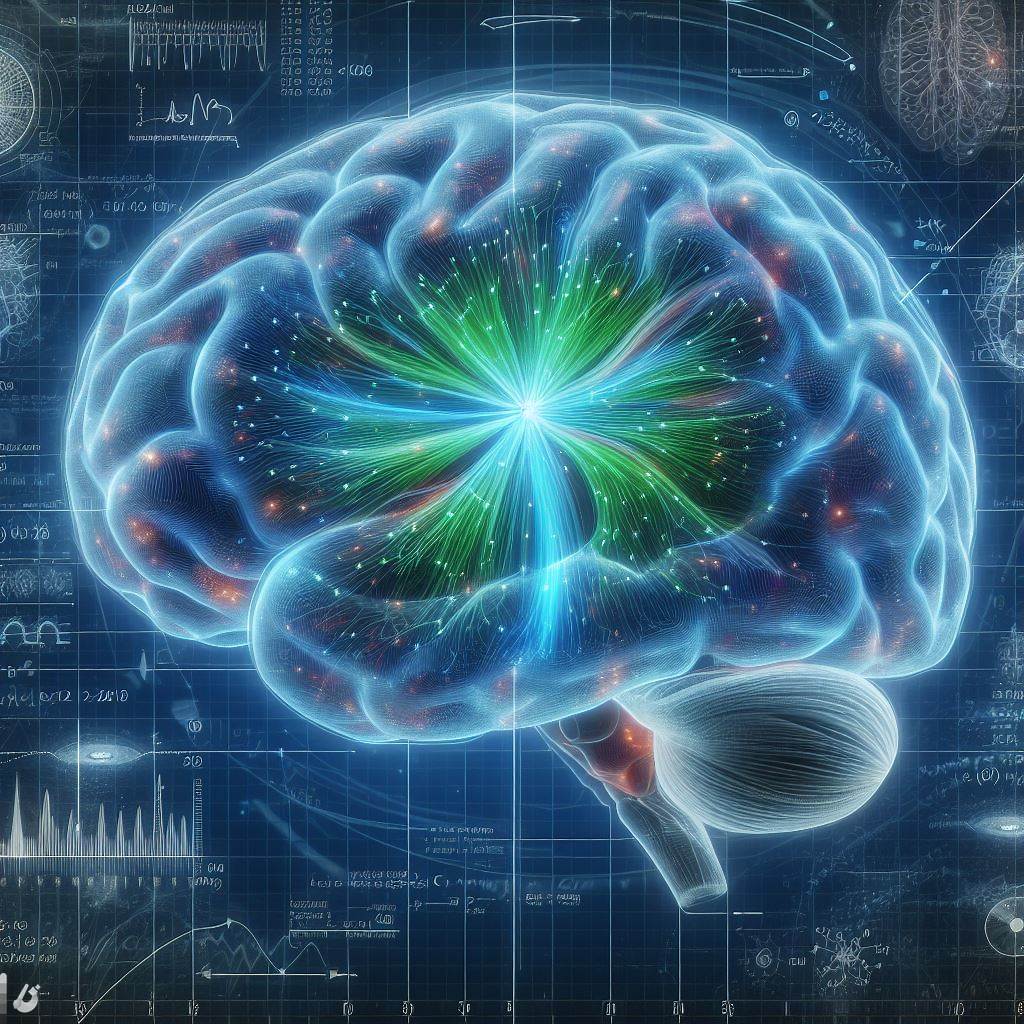
Researchers say that empathy means that you are able to put yourself in the shoes of others. This ability can be used to do something good, but it can also be used to do something bad. A psychopath will use empathy to manipulate women, but will switch this empathy off when he rapes them: because at that moment being empathic does no longer benefit him. Most people will not go quite this far, but everyone can use empathy strategically. For instance, firing someone from their job is easier if you avoid emotional arguments and look away when there are tears.
Bringers of bad news tend to have a sketchy memory of the emotional aspects of the conversation. But should their best friend tell them this happened to them, they will in all likelihood be very sympathetic, and they will actually not merely remember the accompanying emotions, but remember them vividly. Understanding how people’s levels of empathy differ and how we regulate our empathic feelings lies at the core of our research.
Empathy is not unique to human beings. When rats hear the stressed squeak of another rat, this sound activates the same brain cells that would become active when these rats themselves would be in pain. It looks as if the rat brain also knows the notion of “a problem shared”. In human brains we see the same phenomenon in the same brain area: whether we ourselves are in pain or whether we witness the pain of another, in both instances the cingulate cortex is activated. Even though our brains are more complex than the brains of rats, we share with rats the same brain basis for empathy. Neuroscience, which makes it possible to penetrate into the minds of humans and animals, shows that empathy is a deep-rooted evolutionary propensity.
There are scientists who think that we help others for a selfish reason, namely because we want to rid ourselves of the pain we experience through our empathy: we help others because we ourselves suffer. Others say that we help others for moral reasons: we help because our cognition makes us. These two schools of thought have been battling it out for centuries. Through neuroscience we can now shed light on this matter, as follows. In our experiments we offer rats a choice: they can give themselves food through pressing two levers: one of these levers is very easy to operate, the other is more of a challenge. Most rats prefer the easy option. But introducing an association between a distress call from another rat and the use of the easy lever results in the rats stopping to use it. They switch over to the more difficult lever, because that helps the other rat. Is that a choice they make out of empathy, or is it a moral decision?
If we block the brain activity in the cingulate area, which is the area associated with empathy, the rats go back to using the easy lever – and this shows that empathy means something. Empathy can make you offer a helping hand. But it can also be used by demagogues to reinforce the loyalty within their own group and exclude outsiders: from protectionism to xenophobia. Empathy is thus neither good nor bad; it is just powerful.
Aanvullende informatie en artikelen
Vacatures
Momenteel zijn er geen vacatures binnen deze groep.
Bekijk alle vacatures
Contact
"*" geeft vereiste velden aan
Doneer aan het Herseninstituut
"*" geeft vereiste velden aan
Hersenvrienden maken baanbrekend hersenonderzoek mogelijk
- Je steunt baanbrekend/innovatief hersenonderzoek
- Je steunt de Nederlandse Hersenbank
- Uitnodiging voor de Hersenvriendenlezing
- Exclusieve vriendenactiviteiten
- Kijkje achter de schermen van het Nederlands Herseninstituut
Doneren kan eenvoudig via
Je kunt jouw bijdrage ook overmaken op NL76 INGB 0002 1673 78 t.n.v. Stichting Vrienden van het Herseninstituut
Steun ons werk
De Stichting Vrienden van het Herseninstituut ondersteunt baanbrekend hersenonderzoek. U kunt ons daarbij helpen.
Steun ons werk